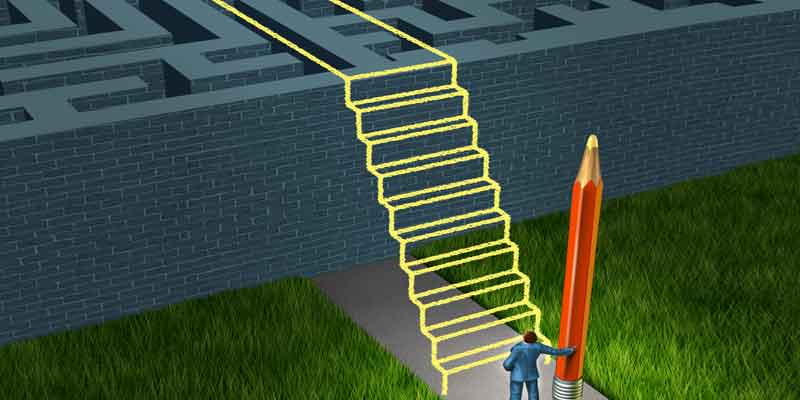Do you ever feel like there’s a gap between what you really want and what you actually do?
Maybe you want to be in better shape, but you can’t get yourself to start hitting the gym. Or you planned to have a quiet weekend but got invited out to a Happy Hour and couldn’t refuse.
Perhaps you want to strengthen your focus, but you’re racking up 6 hours of screen time a day.
When we look at all of our daily actions, many of them are composed of habits. In fact, according to Duke University, it’s over 40%.
Taking that into account, it would make sense to simply adopt new habits that are in line with your goals. Doesn’t quite sound like rocket science.
So then why is it so hard to adopt new habits?
Downsize Your Habits and Goals
The problem is that we often just throw ourselves completely into a new lifestyle.
Almost 90% of the time this strategy fails and we find ourselves right back where we started.
Studies have shown that willpower doesn’t work this way. In fact, willpower acts like a muscle, one that gets stronger over time.
Sometimes the best way forward isn’t by leaps and bounds, but by taking micro-steps.
Micro-steps are small, incremental, science-backed actions we can take that will have both immediate and long-lasting benefits to the way we live our lives.
They are essentially baby-steps; “micro-steps” just sound a little more professional.
Micro-steps are endorsed by high-powered individuals like Oprah and Arianna Huffington.
Why do they work so well?
Science Says…
Science suggests that downsizing our habits and goals is the key to enacting real change.
Behavioral researcher B.J Fogg says that “to create a new habit, you must first simplify the behavior. Make it tiny, even ridiculous. A good tiny behavior is easy to do — and fast.”
Doing this creates small wins for yourself. These wins actually build up the willpower muscle which creates even more wins and good habits.
“The more you succeed, the more capable you get at succeeding in the future,” Fogg says. “So you don’t start with the hardest behaviors first, you start with the ones you want to do and you can do and you persist.”
The idea is even tiny changes in our trajectory can lead us to a drastically different destination.
Micro-steps are designed to be too small to fail. By accomplishing them, we strengthen our muscles of willpower, release dopamine into the brain, and create new neural pathways.
There’s nothing wrong with aiming big — just make sure you start small.
We give some examples in this week’s Podcast.


